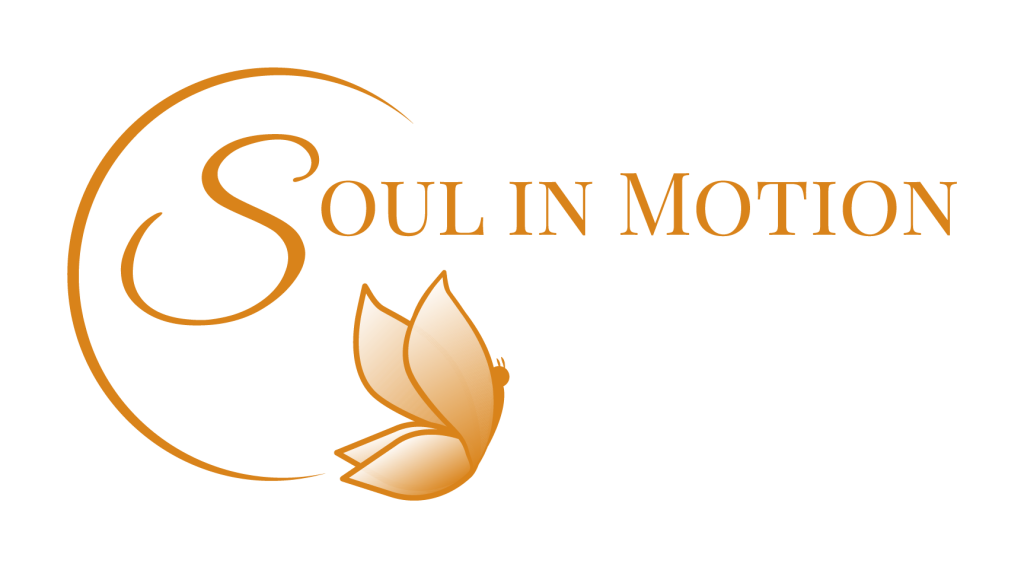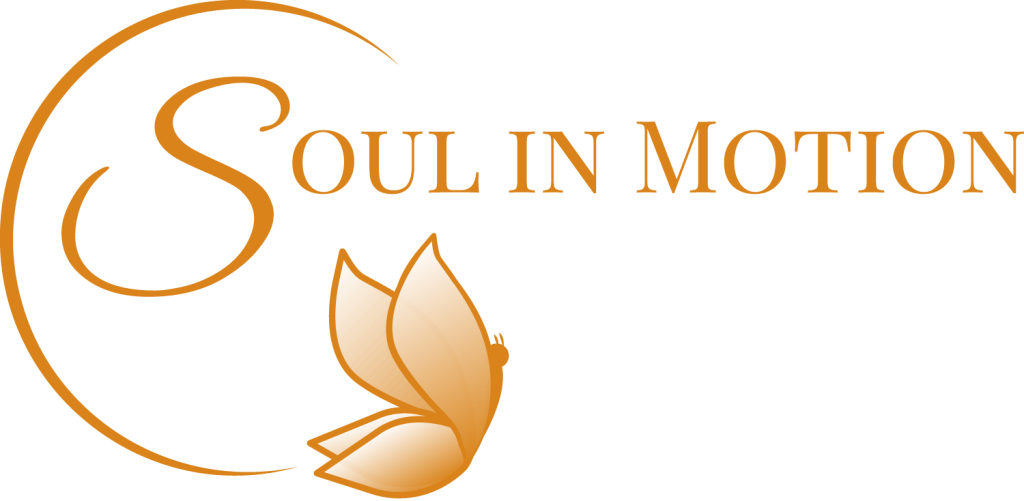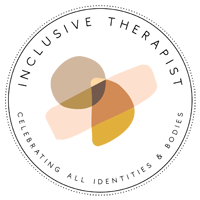High control groups, often referred to as cults or coercive groups, are like intricate mazes. From the outside, they might appear harmless or even appealing. But once inside, the walls can shift, making it challenging to find your way out. These groups come in many forms – religious, political, self-help, or even business organizations. They’re not always obvious, often masquerading as sources of belonging, purpose, or enlightenment.
So, how can you tell if you’re entangled in such a group? Let’s shine a light on some common signs:
- Information Control: Does your group limit your access to outside information? Are you discouraged from seeking alternative viewpoints or criticized for questioning the group’s teachings? Knowledge is like water – it should flow freely. If you feel your sources of information are being dammed, take note.
- Relationship Control: Has your group become the center of your social universe? Are you encouraged to distance yourself from friends or family who aren’t members? Healthy relationships should be bridges, not walls.
- Identity Erosion: Do you feel like you’re losing touch with who you were before joining the group? Has your sense of self become inseparable from the group’s identity? Your individuality is a unique melody – be wary of any group that tries to drown it out.
- Fear and Guilt: Are fear and guilt common tools used to keep members in line? Do you feel anxious about the consequences of leaving or questioning the group? Healthy communities nurture growth through love, not fear.
- Financial or Time Exploitation: Does the group demand excessive financial contributions or consume most of your time? Your resources – both material and temporal – are precious. Be cautious of any organization that seems insatiable in its demands.
- Us vs. Them Mentality: Does your group present a stark divide between members and non-members? Is the outside world portrayed as dangerous or inferior? Life is full of beautiful diversity – any worldview that paints in only black and white should be questioned.
- Leadership Infallibility: Is the leader or leadership beyond reproach? Are you discouraged from criticizing or questioning those in authority? Remember, even the wisest teachers remain students of life.
- If you recognize these patterns in your group, it doesn’t necessarily mean you’re in a cult. However, it does suggest that the group exhibits high-control tendencies that warrant careful consideration.
Now, if you’ve come to the realization that you might be in a high control group, take a deep breath. This awareness, though potentially unsettling, is a powerful first step. It’s like noticing the first crack in a dam – it might be small, but it’s the beginning of a significant change.
Remember, seeking help doesn’t mean you’re weak. On the contrary, it takes immense strength to question deeply held beliefs and confront uncomfortable truths. As you navigate this journey, be gentle with yourself. Leaving a high control group or changing your relationship with it is often a gradual process, like a flower slowly turning towards the sun.
If you decide to leave, prepare for a range of emotions. You might feel relief, but also grief, anger, or confusion. These feelings are normal and valid. You’re not just leaving an organization; you’re reshaping your worldview and identity. It’s a profound transformation, akin to a butterfly emerging from its chrysalis – beautiful, but also vulnerable.
During this time, building a support network is crucial. This might include trusted friends, family members, a therapist, or support groups for former members of high control groups. These connections can provide emotional support, practical advice, and a sense of community as you redefine your path.
As you move forward, remember that your experiences, even the painful ones, have value. They’ve shaped you, taught you, and ultimately led you to this moment of growth. Like a tree that has weathered storms, you may find yourself stronger and more resilient.
During my time as a therapist and as a friend to many who have grappled with religious trauma and high control groups, I’ve observed many people reclaim their autonomy after such experiences. It’s a journey that requires courage, patience, and self-compassion. But on the other side lies the freedom to shape your own beliefs, choose your relationships, and write your own story.
If you’re questioning your involvement in a group, trust that inner voice. It’s your authentic self, whispering for attention. Listen to it. Nurture it. And know that there’s support available as you navigate this path.
Remember, you are not defined by any group or ideology. You are a unique individual, capable of growth, change, and self-determination. Your journey is your own, and you have the right to choose its direction.
In the end, the most important relationship you’ll ever have is with yourself. Foster that relationship with kindness, curiosity, and respect. As you do, you’ll find the strength to break free from any constraints that no longer serve you, and the wisdom to create a life that truly reflects your values and aspirations.













